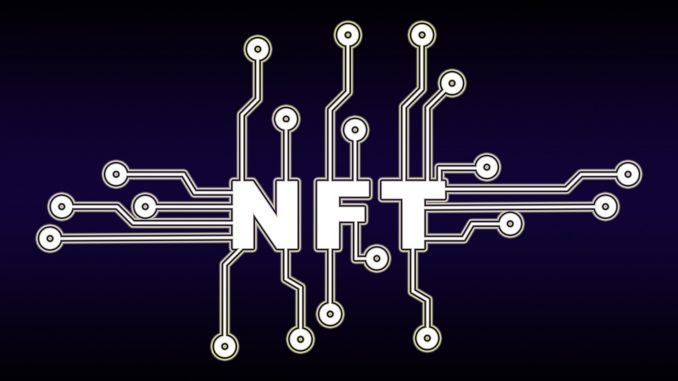
China’s WeChat messaging app recently announced that it has suspended a number of accounts linked to the trading of non-fungible tokens (NFTs).
The company claims that the move is designed to prevent speculation in digital assets. It said in a statement that it has “rectified” accounts promoting NFT market speculation, as this can drive up prices.
When responding to reports that accounts had been banned, WeChat said, it had “recently standardised and rectified public accounts and small programmes for speculation and secondary sales of digital collections”.
It added that this action was carried out “according to relevant national regulations, in order to prevent the risk of speculation in virtual currency transactions”.
WeChat is owned by the technology giant Tencent and was launched in 2011. It’s a messaging and networking service like WhatsApp and has 1.2 billion monthly active users. In fact, recent figures show that 78% of people in China aged 16-64 use the platform.
However, China’s technology company has come under increased scrutiny in recent years by the Chinese authorities.
The sector has seen new crackdowns on eCommerce businesses, social media platforms, gaming companies, online financial services, cloud computing, and cryptocurrency mining and trading. This has included a high number of official actions against these services.
What are NFTs and how are they regulated in China?
An NFT, or non-fungible token, is a unit of data that can be sold or traded. It is stored on a blockchain with a unique identification code and metadata.
There aren’t any regulations against NFTs in China at the moment. However, the mining and trading of cryptocurrencies were banned last year by the authorities.
NFTs aren’t the same as cryptocurrencies which means that, despite these measures, they are not illegal in China. But, digital assets that are technology-based are being regulated.
Under the current rules, buyers are required to purchase NFTs in yuan rather than cryptocurrencies.


The Chinese government tries to ban everything, but it doesn’t always work.